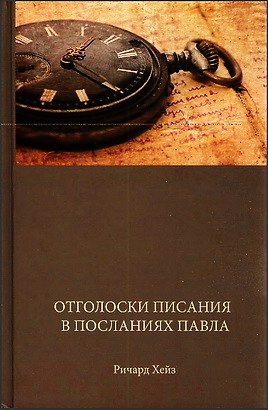
Women and Knowledge in Early Christianity
Jewish and Christian traditions, which claimed to be monotheistic, depicted the one true God for the most part in masculine terms and images. In contrast, the feminine belonged self-evidently to polytheistic mythology, in particular to the Greco-Roman pantheon, starting with Gaia (Tellus or Terra in Roman mythology), the Mother Earth who nurtured and sustained all life. Powerful goddesses included Demeter in Greece and Ceres in Rome, venerated for having introduced agricultural skills to humankind, Athena and Minerva, goddesses of wisdom, and Isis and Magna Mater, worshipped in some of the most popular cults. Some of their features were even adopted into the emerging Christian cult of Mary, Mother of God, and other female saints.
Nevertheless, the heavenly realm of Jewish and Christian thinking was not altogether devoid of feminine aspects. In Jewish wisdom literature, the term for God’s wisdom was feminine in gender, both in Hebrew (חכמה) and Greek (σοφία). In this body of texts, divine wisdom is personified and portrayed as the mediator between God and humans (Prov 8; Sir 24). In early Christianity, this mediating role and other traits of Wisdom are given to God’s son. In early gospel traditions, for instance, Jesus presents himself as the envoy of Wisdom (Sayings source Q: Matt 11:19 // Luke 7:35; cf. Luke 11:49), Paul identifies the crucified Christ with the Wisdom of God (1Cor1:24), and the Gospel of John begins with a prologue describing Jesus in terms derived from Jewish wisdom literature. While wisdom Christology was to be overshadowed by the developing Trinitarian dogma, wherein the divine was defined by using masculine (Father, Son) or gender-neutral (Spirit, το πνεύμα) terms, in some strands of early Christianity, myths about the divine Wisdom and other mythical female figures remained central.
Alongside Wisdom, other personifications of grammatically feminine nouns abound in ancient literature. Virtue (Arete) was chief among Greek thinking (Xenophon, Mem. 2.1.21-34; Philo, Sacr. 20-34; Methodius, Symp.). In Roman literature, individual virtues such as Dignitas, Pietas, Justitia, and Prudentia, as well as such basic concepts as Philosophia and Natura, often appear personified as women. One Christian representation of Wisdom is Repentance (Metanoia), who is presented as God’s daughter and the heavenly overseer (επίσκοπος) of all virgins in Joseph and Aseneth (15.7-8). Several Nag Hammadi texts also feature a wisdom figure called Barbelo, the female counterpart of the supreme God.
In addition to virtues, however, vices were also often personified as women: Arete was contrasted with Kakia or Hedone (Pleasure), Wisdom with Folly (γυνή αφρων; Prov 9). Both Greek and Jewish mythology told of how evil came to the world through a primordial woman (Pandora / Eve)—either through her malevolence or her ignorance—which gave cause for several commentators to lament the deceitfulness of the female sex and underline its inferiority (Hesiod, Op. 60-105; 1Tim 2:12-14; Tertullian, Cult.fem. 1.1). Early Christian mythmakers even developed complex etiological myths where one of the critical points leading to the creation of the inferior, visible world was a wrong thought, inclination, or action of a female divine character called Wisdom (Sophia). Some versions of this myth describe Wisdom as entangled in harmful emotions (πάθη) and the heavenly Christ as the healer of such emotions. The exemplary human soul (ψυχή) is portrayed as a woman in late Antique Christian thought: the soul’s fate can resemble that of heavenly wisdom’s fate.
Idealized feminine figures also appear in portrayals of wise women of the distant past. Early Christian rhetoric adopted both Jewish and pagan examples of virtuous women, presented as models to be imitated, such as Judith and Esther, Lucretia and Dido. Judith and Esther, who both act as saviors of their people, are depicted as clever, even cunning, but also beautiful. Judith’s enemies marvel at her wisdom, declaring, “No other woman from one end of the earth to the other looks so beautiful or speaks so wisely!” (Jdt 11:20-21). Indeed, in these portrayals, wisdom goes hand in hand with conventional feminine ideals: beauty, purity and piety. In subsequent early Christian tradition, Judith is not primarily remembered and praised for her cunning wisdom in her acts as seductress and liar, but rather for her chastity and godliness (cf. Jerome, Preface to Judith).
Ulla Tervahauta, Ivan Miroshnikov, Outi Lehtipuu, Ismo Dunderberg (ed.) - Women and Knowledge in Early Christianity. Texts and Studies of Early Christian Life and Language
(Supplements to Vigiliae Christianae, vol. 144)
Leiden/Boston : Brill, - 2017. - 388 pp.
ISSN 0920-623X
ISBN 978-90-04-35543-9 (hardback)
ISBN 978-90-04-34493-8 (e-book)
Ulla Tervahauta, Ivan Miroshnikov, Outi Lehtipuu, Ismo Dunderberg (ed.) - Women and Knowledge in Early Christianity. Texts and Studies of Early Christian Life and Language - Contents
Contributors
Outi Lehtipuu and lsmo Dunderberg - Women and Knowledge in Early Christianity: An Introduction
Part 1. Women and Knowledge in Social-Historical Contexts
1 Nicola Denzey Lewis - Women and Independent Religious Specialists in Second-Century Rome
2 H. Gregory Snyder - “She Destroyed Multitudes”: Marcellina’s Group in Rome
3 Erja Salmenkivi - Some Remarks on Literate Women from Roman Egypt
Part 2. Afterlives of Women in Biblical Narratives
4 Christian H. Bull - Women, Angels, and Dangerous Knowledge: The Myth of the Watchers in the Apocryphon of John and Its Monastic Manuscript-Context
5 Tuomas Rasimus - Jezebel in Jewish and Christian Tradition
6 Petri Luomanen - Mary and the Other Female Characters in the Protevangelium of James
7 Ulla Tervahauta - What Happened to Mary? Women Named Mary in the Meadow of John Moschus
Part 3. Women in Ancient Intellectual Discourse
8 Ivan Miroshnikov - “For Women are Not Worthy of Life”: Protology and Misogyny in Gospel of Thomas Saying
9 Silke Petersen - “Women” and “Heresy” in Patristic Discourses and Modern Studies
10 Dylan M. Burns - Astrological Determinism, Free Will, and Desire According to Thecla (St. Methodius, Symposium 8.15-16)
11 Hugo Lundhaug - Monastic Exegesis and the Female Soul in the Exegesis on the Soul
Part 4. The Feminine Principle in Myth and Philosophy
12 Tilde Bak Halvgaard - Life, Knowledge and Language in Classic Gnostic Literature: Reconsidering the Role of the Female Spiritual Principle and Epinoia
13 Michael A. Williams - “Wisdom, Our Innocent Sister”: Reflections on a Mytheme
14 John D. Turner - The Virgin That Became Male: Feminine Principles in Platonic and Gnostic Texts
Bibliography
Index of Ancient and Medieval Sources
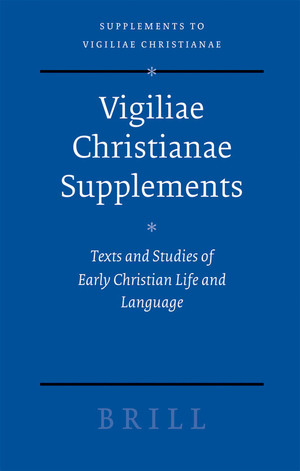
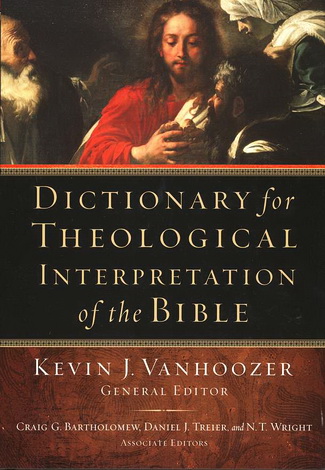

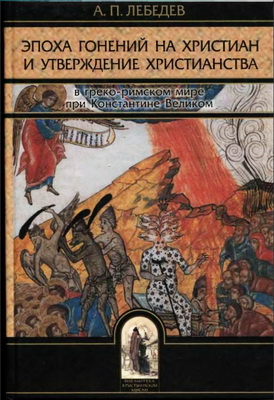
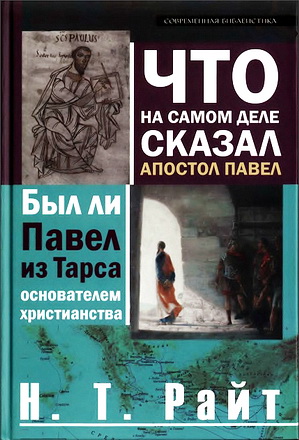
Комментарии
Пока нет комментариев. Будьте первым!